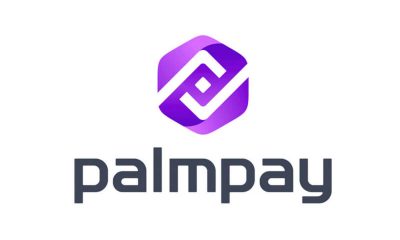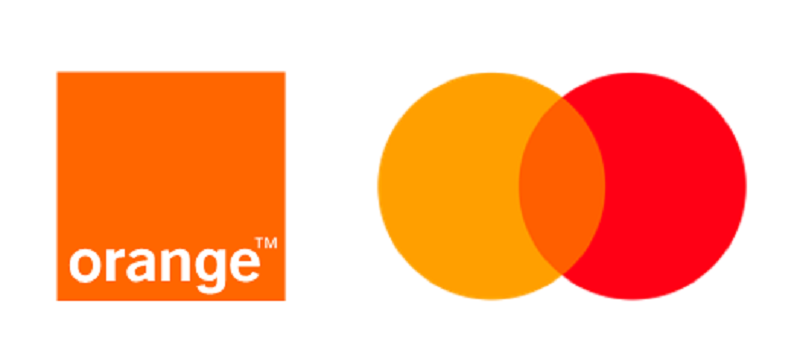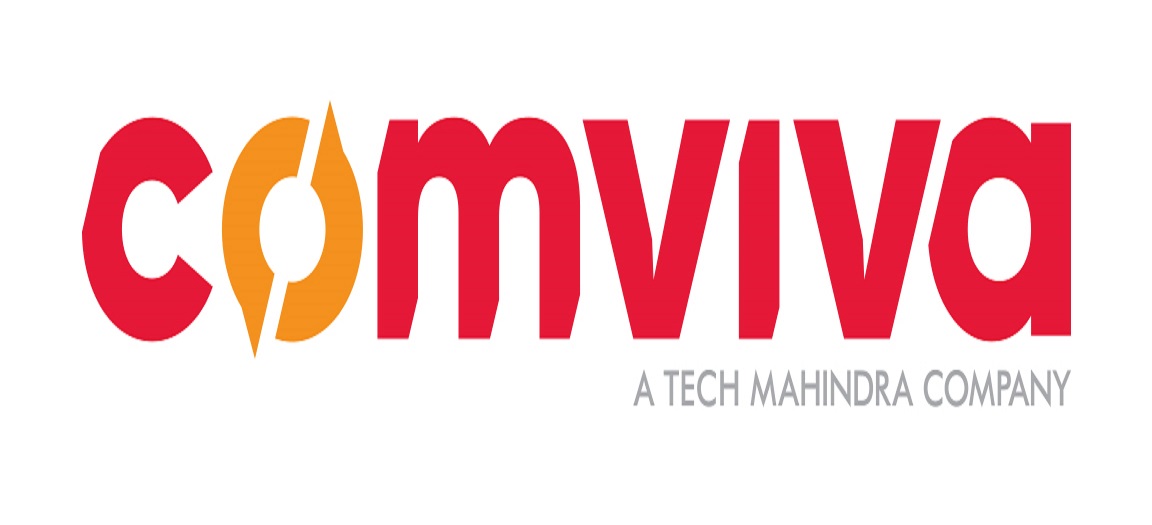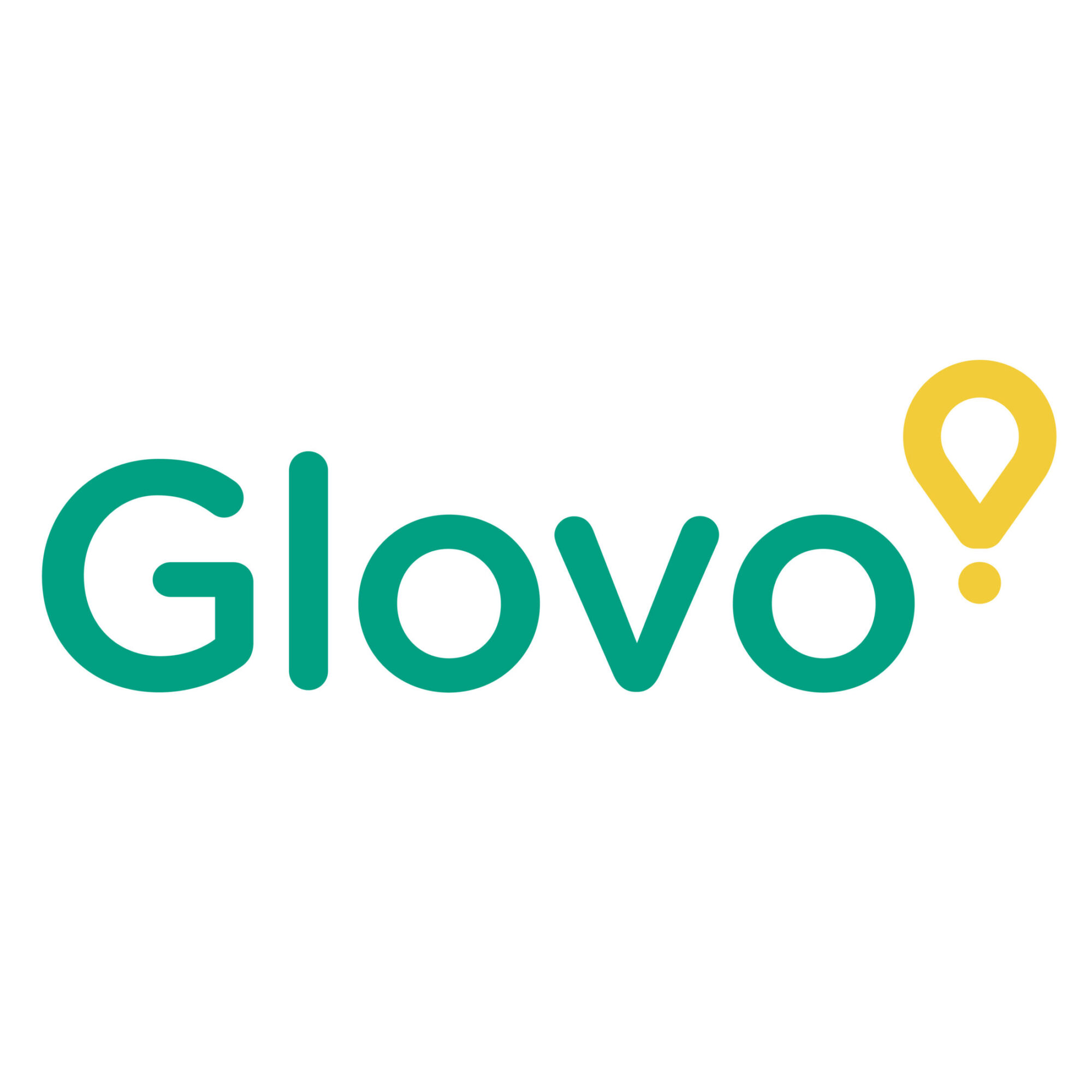Economy
Ghana Could Save $230m Via Digital Payments—Report
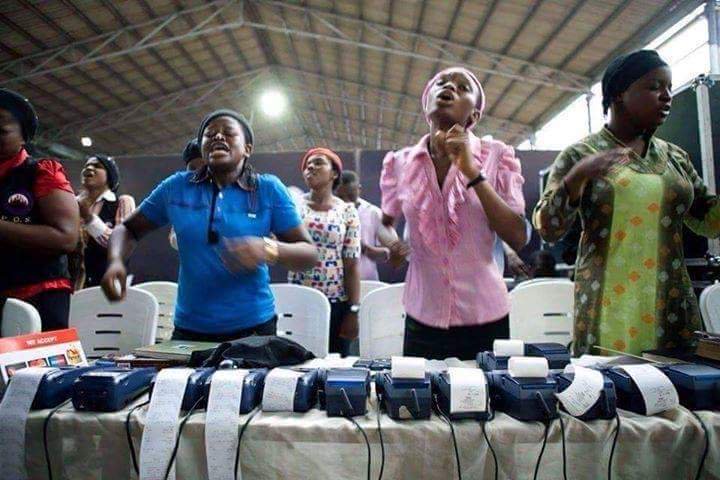
By Modupe Gbadeyanka
A report jointly released by Ghana’s Ministry of Finance and the UN-based Better Than Cash Alliance has revealed that the West African nation can save GHS 250 million (nearly $60 million) each year, which may result in more than GHS 1 billion ($230 million) by 2020 if it continues with progress made by embracing digital payments.
The report documented Ghana’s progress in creating an economy where everyone can pay and get paid digitally, instead of cash.
The results show the country has made significant gains, including almost 100 percent of government payments to people and payments within the government now processed digitally. The findings also reveal there are opportunities for providing more choice to customers.
This move is already translating into direct benefits to people, particularly women, support for small businesses and cost savings for the government.
“The future really is digitization and how we can leverage on it for the benefit of our citizens. This is why digitizing initiatives such as our flagship conditional cash transfer program Livelihood Empowerment Against Poverty (LEAP) is a key milestone,” said Hon. Ken Ofori-Atta, Minister for Finance of the Republic of Ghana.
“We recognize that there is still more work to do to transition most of the country away from cash. Yet with great potential for cost savings and opportunities to increase transparency and accountability, we cannot afford not to,” the Minister added.
The report provides key insights on the status of digital payments in Ghana and tangible recommendations on how to successfully move forward.
In particular, three priorities emerged to help the government and citizens achieve the most benefits.
The first is investing in infrastructure for digital public utility payments: 80 percent of the population uses public essential services such as water and electricity, but only 20 percent of the population has access to digital technology such as smart meters.
By investing in smart distribution infrastructure that digitize end-to-end delivery and payment, it will increase efficiencies and ease of use for citizens – ultimately increasing adoption.
The second is digitizing payment of government fees and fines: With 97 percent of fees and fines currently paid in cash, the Ghanaian government could gain enormous cost savings if they commit to using digital payments exclusively and mandate all government agencies to use a central payment system.
The final point is encouraging digital payments in the Fast Moving Consumer Goods (FMCG) value chain to support digitization of small retailers and customers: For FMCG companies operating in Ghana, 96 percent of distributor payments and 59 percent of vendor and employee payments in volume are made in checks.
However, 99.9 percent of individual payments for consumption goods by volume are still completed in cash, as individuals continue to purchase essential consumer goods, including food, in the informal economy with small retailers. This indicates the tremendous potential impact any shift to digital payments in this value chain can have on the overall ecosystem.
By transitioning away from cash, small business owners can avoid storing large amounts of cash, drive customers’ adoption and boost access to formal saving and loan products which can expand their economic potential. This will especially improve the lives of women, who represent many of the small retailers in the FMCG sector.
“We want to congratulate the Government of Ghana for its leadership in building the foundation for an economy less dependent on cash. Under this leadership, the country is making considerable strides to improve transparency, accelerate opportunities for economic growth and empower women by bringing them into the formal financial system,” said Dr Ruth Goodwin-Groen, Managing Director of the Better Than Cash Alliance. “Ghana is at a tipping point in its shift to digital payments.
“We at the Better Than Cash Alliance look forward to continued work with our colleagues across the digital ecosystem in government, companies and international organizations to continue this great progress.”
Economy
Tinubu Okays Extension of Ban on Raw Shea Nut Export by One Year

By Aduragbemi Omiyale
The ban on the export of raw shea nuts from Nigeria has been extended by one year by President Bola Tinubu.
A statement from the Special Adviser to the President on Information and Strategy, Mr Bayo Onanuga, on Wednesday disclosed that the ban is now till February 25, 2027.
It was emphasised that this decision underscores the administration’s commitment to advancing industrial development, strengthening domestic value addition, and supporting the objectives of the Renewed Hope Agenda.
The ban aims to deepen processing capacity within Nigeria, enhance livelihoods in shea-producing communities, and promote the growth of Nigerian exports anchored on value-added products, the statement noted.
To further these objectives, President Tinubu has authorised the two Ministers of the Federal Ministry of Industry, Trade and Investment, and the Presidential Food Security Coordination Unit (PFSCU), to coordinate the implementation of a unified, evidence-based national framework that aligns industrialisation, trade, and investment priorities across the shea nut value chain.
He also approved the adoption of an export framework established by the Nigerian Commodity Exchange (NCX) and the withdrawal of all waivers allowing the direct export of raw shea nuts.
The President directed that any excess supply of raw shea nuts should be exported exclusively through the NCX framework, in accordance with the approved guidelines.
Additionally, he directed the Federal Ministry of Finance to provide access to a dedicated NESS Support Window to enable the Federal Ministry of Industry, Trade and Investment to pilot a Livelihood Finance Mechanism to strengthen production and processing capacity.
Shea nuts, the oil-rich fruits from the shea tree common in the Savanna belt of Nigeria, are the raw material for shea butter, renowned for its moisturising, anti-inflammatory, and antioxidant properties. The extracted butter is a principal ingredient in cosmetics for skin and hair, as well as in edible cooking oil. The Federal Government encourages processing shea nuts into butter locally, as butter fetches between 10 and 20 times the price of the raw nuts.
The federal government said it remains committed to policies that promote inclusive growth, local manufacturing and position Nigeria as a competitive participant in global agricultural value chains.
Economy
NASD Bourse Rebounds as Unlisted Security Index Rises 1.27%

By Adedapo Adesanya
The NASD Over-the-Counter (OTC) Securities Exchange expanded for the first session this week by 1.27 per cent on Wednesday, February 25.
This lifted the NASD Unlisted Security Index (NSI) above 4,000 points, with a 50.45-point addition to close at 4,025.25 points compared with the previous day’s 3,974.80 points, as the market capitalisation added N30.19 billion to close at N2.408 trillion versus Tuesday’s N2.378 trillion.
At the trading session, FrieslandCampina Wamco Nigeria Plc grew by N5.00 to trade at N100.00 per share compared with the previous day’s N95.00 per share, Central Securities Clearing System (CSCS) Plc improved by N4.18 to sell at N70.00 per unit versus N65.82 per unit, and First Trust Mortgage Bank Plc increased by 14 Kobo to trade at N1.59 per share compared with the previous day’s N1.45 per share.
However, the share price of Geo-Fluids Plc depreciated by 27 Kobo at midweek to close at N3.27 per unit, in contrast to the N3.30 per unit it was transacted a day earlier.
At the midweek session, the volume of securities went down by 25.3 per cent to 8.7 million units from 11.6 million units, the value of securities decreased by 92.5 per cent to N80.7 million from N1.2 billion, and the number of deals slipped by 33.3 per cent to 32 deals from the preceding session’s 48 deals.
At the close of business, CSCS Plc remained the most traded stock by value on a year-to-date basis with 34.1 million units exchanged for N2.0 billion, trailed by Okitipupa Plc with 6.3 million units traded for N1.1 billion, and Geo-Fluids Plc with 122.0 million units valued at N478.0 million.
Resourcery Plc ended the trading session as the most traded stock by volume on a year-to-date basis with 1.05 billion units valued at N408.7 million, followed by Geo-Fluids Plc with 122.0 million units sold for N478.0 million, and CSCS Plc with 34.1 million units worth N2.0 billion.
Economy
Investors Lose N73bn as Bears Tighten Grip on Stock Exchange

By Dipo Olowookere
The bears consolidated their dominance on the Nigerian Exchange (NGX) Limited on Wednesday, inflicting an additional 0.09 per cent cut on the market.
At midweek, the market capitalisation of the domestic stock exchange went down by N73 billion to N124.754 trillion from the preceding day’s N124.827 trillion, and the All-Share Index (ASI) slipped by 114.32 points to 194,370.20 points from 194,484.52 points.
A look at the sectoral performance showed that only the consumer goods index closed in green, gaining 1.19 per cent due to buying pressure.
However, sustained profit-taking weakened the insurance space by 3.79 per cent, the banking index slumped by 2.07 per cent, the energy counter went down by 0.24 per cent, and the industrial goods sector shrank by 0.22 per cent.
Business Post reports that 25 equities ended on the gainers’ chart, and 54 equities finished on the losers’ table, representing a negative market breadth index and weak investor sentiment.
RT Briscoe lost 10.00 per cent to sell for N10.35, ABC Transport crashed by 10.00 per cent to N6.75, SAHCO depreciated by 9.98 per cent to N139.35, Haldane McCall gave up 9.93 per cent to trade at N3.99, and Vitafoam Nigeria decreased by 9.93 per cent to N112.50.
Conversely, Jaiz Bank gained 9.95 per cent to settle at N14.03, Okomu Oil appreciated by 9.93 per cent to N1,765.00, Trans-nationwide Express chalked up 9.77 per cent to close at N2.36, Fortis Global Insurance moved up by 9.72 per cent to 79 Kobo, and Champion Breweries rose by 5.39 per cent to N17.60.
Yesterday, 1.4 billion shares worth N46.2 billion were transacted in 70,222 deals compared with the 1.1 billion shares valued at N53.4 billion traded in 72,218 deals a day earlier, implying a rise in the trading volume by 27.27 per cent, and a decline in the trading value and number of deals by 13.48 per cent and 2.76 per cent, respectively.
Fortis Global Insurance ended the session as the busiest stock after trading 193.7 million units for N152.7 million, Zenith Bank transacted 120.7 million units worth N11.1 billion, Japaul exchanged 114.8 million units valued at N407.0 million, Ellah Lakes sold 98.4 million units worth N999.2 million, and Access Holdings traded 63.1 million units valued at N1.7 billion.
-

 Feature/OPED6 years ago
Feature/OPED6 years agoDavos was Different this year
-
Travel/Tourism10 years ago
Lagos Seals Western Lodge Hotel In Ikorodu
-

 Showbiz3 years ago
Showbiz3 years agoEstranged Lover Releases Videos of Empress Njamah Bathing
-

 Banking8 years ago
Banking8 years agoSort Codes of GTBank Branches in Nigeria
-

 Economy3 years ago
Economy3 years agoSubsidy Removal: CNG at N130 Per Litre Cheaper Than Petrol—IPMAN
-

 Banking3 years ago
Banking3 years agoSort Codes of UBA Branches in Nigeria
-

 Banking3 years ago
Banking3 years agoFirst Bank Announces Planned Downtime
-

 Sports3 years ago
Sports3 years agoHighest Paid Nigerian Footballer – How Much Do Nigerian Footballers Earn


